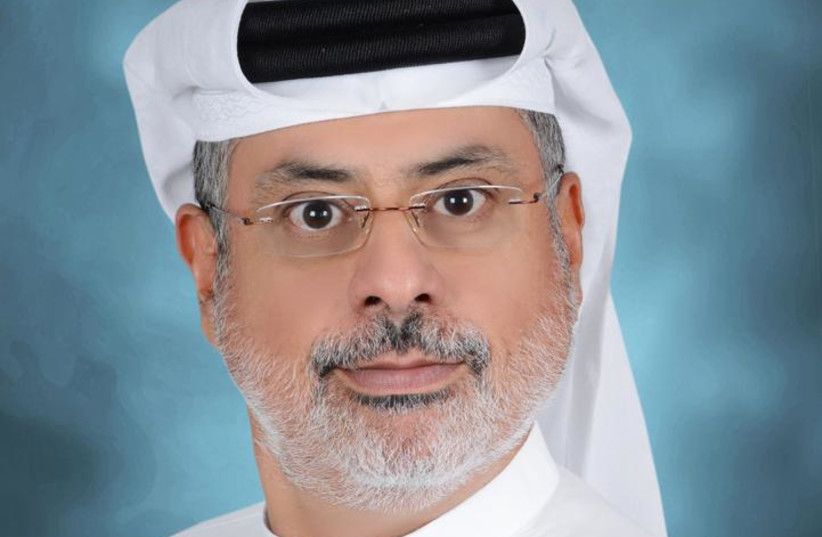Following the historic establishment of the Abraham Accords, which normalized relations between Israel and the United Arab Emirates, the two nations’ business sectors have found an increasing number of opportunities to cooperate with one another. Their fledgling relationship has not been without hurdles, however, and it may yet take time for Israel and the UAE to find a mutual business culture that will cultivate successful business.
“One of the biggest mistakes everybody made was, because they were excited from a socio-political view about the importance of the Abraham Accords, their expectations of how the business side or the commercial side would develop were not realistic,” said Dr. Sabah al-Binali, partner and executive chairman of OurCrowd Arabia, which is the Gulf-based branch of the Israeli VC fund.
Al-Binali is the most senior Emirati national operating on behalf of an Israeli venture capital firm, responsible for generating millions of dollars in business between the Israeli and UAE tech ecosystems. He believes that the UAE serves as a valuable point of connection to the greater Asian and African markets. He suggested that the UAE’s broad spectrum of business connections throughout those regions make it a very attractive partner for Israeli business.
“It’s a gateway, not a gate,” al-Binali said. While reaching international markets may be achievable for Israeli-based global companies, “the question just becomes, is it easier to do it by using the UAE as a landing pad and then expanding, or not?”
The value of the UAE as a stepping stone to the international market has necessitated the establishment of a functional business culture between Israel and its Emirati partners. Given the differences between the countries, though, striking an effective cultural balance is a challenge.

“The UAE is not transaction-based. That doesn’t mean we don’t do transactions, you have to do transactions, but what it means is that for me to do the first transaction, I need to see what the next five transactions are going to be, I need to see that there is a relationship. Emiratis think in the longest term.” On the other hand, “Israelis are very fast movers in the short term.”
“A big frustration is, it might take six meetings to close a deal,” al-Binali said. “What I’ve noticed is the Israelis try to have six meetings in a month; the Emiratis want to have six meetings over a year. So if an Israeli has six meetings in a month, he’s going to be frustrated. He’s going to burn out.”
With so many differences, what does a functional business relationship look like? Al-Binali suggested that the blueprints already exist. “People talk about the differences a lot, but if there’s a lot of differences, that means there’s a lot of complementary facets, and it’s all about identifying those and figuring out how to work together with them,” he said.
“That looks to me like businesses that are owned and managed by Emiratis and Israelis together; success comes about when new business models emerge that are hybrids of the current business models of each market. They get put together and create a situation where 1 plus 1 isn’t 2; it’s 11.”
